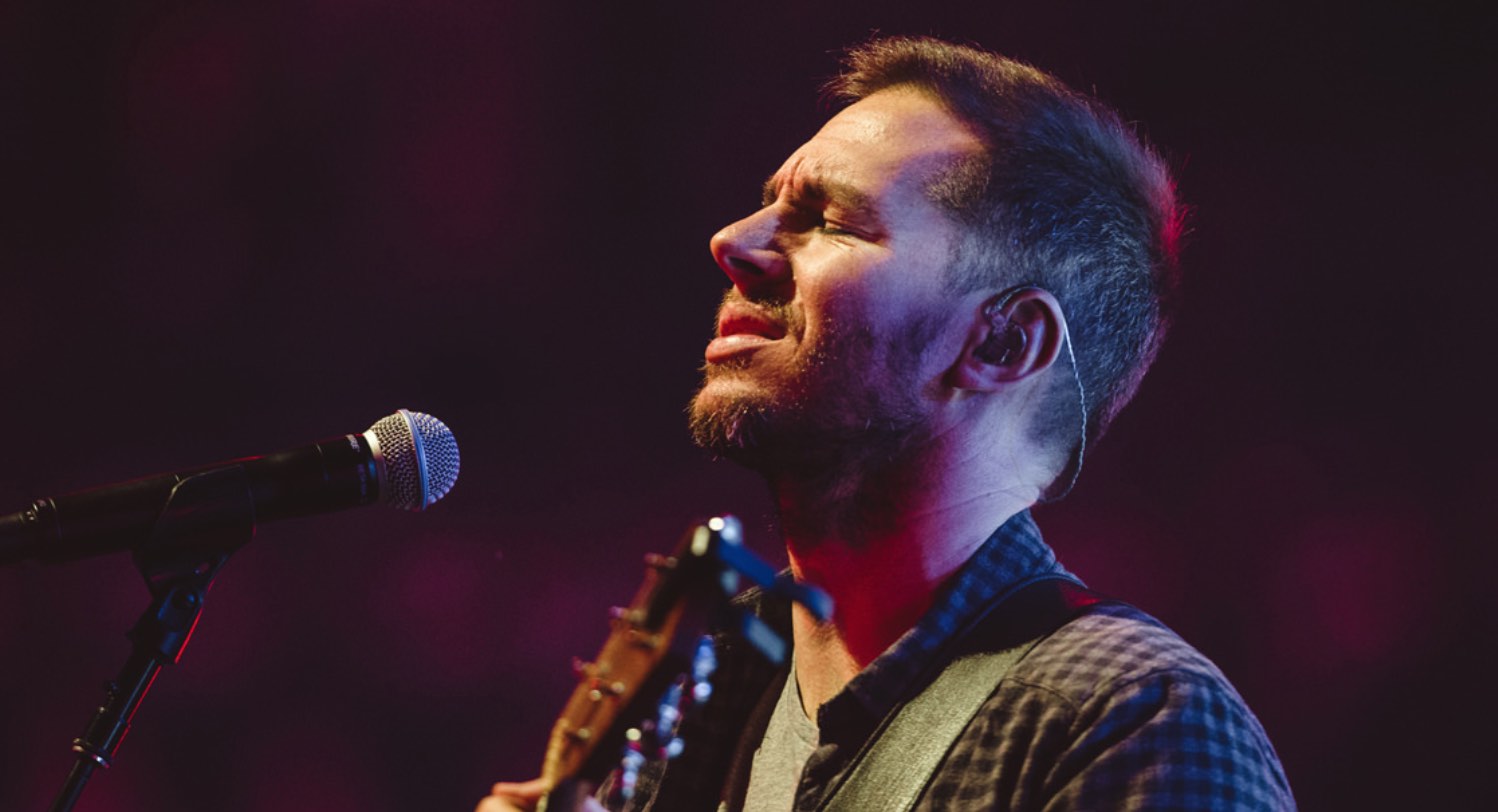
After a white nationalist terrorist attacked El Paso, Texas, killing 22 and injuring 26, the state’s Lieutenant Governor Dan Patrick appeared on Fox News and suggested that a lack of public acknowledgement of God, including a lack of prayer in public schools, was to blame: “As we continue to only praise God and look at God on a Sunday morning and kick Him out of the town square at our schools the other six days of the week, what do we expect? What do we expect?” (Franklin Graham, son of historic evangelist Billy Graham, quoted Patrick in an apparent endorsement.)
The disturbing implication of Patrick’s statement is that God is somehow sending, allowing, or refraining from stopping these mass shootings as a way of hitting back for the lack of prayer in schools. We’ve seen this notion dragged out as a distraction from time to time, and it’s not hard to see why—it’s an effective way of spiritualizing and therefore saturating a dialogue that has far more to do with social, capitalistic and legislative structures than it does the inclusion of a particular faith’s practice in the sphere of public education. It deflects responsibility and defers, perhaps indefinitely, any real action towards needed change.
It is also logically indefensible—it just doesn’t make sense. The very premise is flawed, not least of all because, generally speaking, economically advanced and democratically focused nations tend not to include prayer in their schools (the United Kingdom being, on paper, an exception, but in practice, non-practicing).
Yet while the United States is not the only country to exclude prayer from its curriculum, it is the only western country with so many mass shootings. It holds the top spot, with 249 mass shootings in 2019 so far. The second-most is Mexico—they have had three.
So if God were to permit or provoke mass violence as a punitive measure for his absence from the public sphere, why wouldn’t He be doing so within the borders of America’s neighbors and allies as well? Why would Canada, a country that has banned prayer in public school, make it this far into the year with only one mass shooting? France has also banned school prayer, and they’ve had zero. Does Patrick believe that God is uniquely mad at the United States of America?
And if God can be angry at a nation, if he is disappointed in America, would it not be less for the abandonment of theocratic educational practices and more for the forfeiture of the very heart of the Gospel? Would He not be grieved more by the false representation of His will, the abject rejection of His commandments for how His followers are to treat the downtrodden, disenfranchised and displaced?
And if these shootings were somehow retribution for the sins of the nation, would he not strike at those whose power had been used to advance that sin? Would it not be the lawmakers, rather than the marginalized, held accountable? Is Patrick’s God not only petty and cruel, but also a poor aim?
And if God were holding lawmakers accountable for something, would it not stand to reason that He would do so for the legal structures (or lack thereof) that allowed the proliferation of such massacres to begin with?
And, most damningly, if Patrick does actually believe that this violence has a direct correlation to a lack of prayer in places of study, why is his state marching forward with legislation that amplifies the presence of firearms, not prayer, in its state’s schools?
The flaws in Patrick’s declaration (and deflection of responsibility as an elected representative) run into trouble not only on the basis of logic; it is a deeply theologically flawed statement as well.
One of the greatest gifts of the Gospel is that it makes God knowable to us. We can (and do) know His character, His heart and what His desires are. We know His vision for the Kingdom, and His desire for the Church and His people’s relationship to the world around them.
We are assured that He is merciful (Ps 145:8-9) and hates those who love violence (Ps. 11:5).
We see, in Jesus, a God who gives freely to all who come, needy and seeking (Matt. 14:13-21).
We see throughout scripture countless beautiful and counter-cultural commandments for God’s people to put the needs of others before their own (Phil. 2:3-4, 1 John 4:7-8, Rom. 12:10, 1 Cor. 10:23-24).
The Christian faith is not one without its mysteries, and following Jesus does not make us immune to difficult questions. It does not provide every answer, but it often does provide enough.
Thankfully, we do not need to wonder if God is trying to tell us something about our classroom activities in between the lines of a white supremacist terrorist’s manifesto. He speaks to us in better ways than that.






















